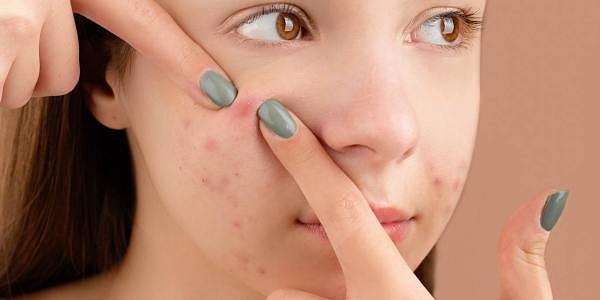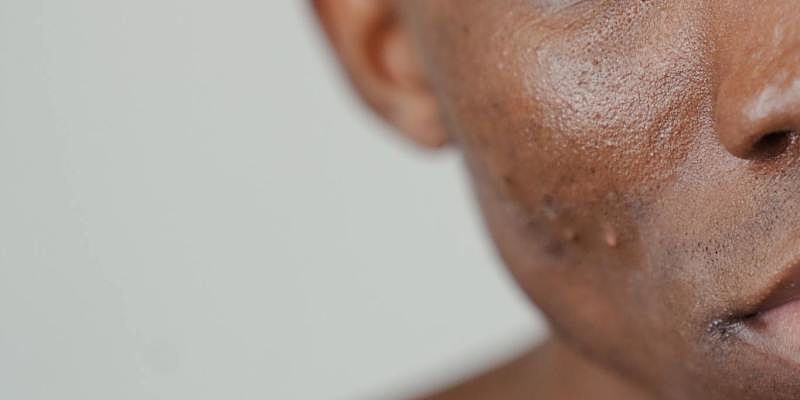What Is Hormonal Acne?
Hormonal acne is an acne breakout caused by changes in hormone levels in the body. Having hormonal imbalance can lead to increased sebum production, resulting in blackheads, whiteheads, and even cystic acne.
Hormonal acne is something many of us experience without even realising. This type of acne may appear all of a sudden and cause you to feel less confident. Hormonal acne is treatable with skincare products, so you can have your clear skin back in no time.
Hormonal Acne Causes?
This type of acne links to both increasing and decreasing estrogen levels, meaning that you may experience hormonal acne during puberty, pregnancy and menopause.
Another hormone that can contribute to acne breakouts is testosterone. People with naturally higher levels of testosterone, such as those with polycystic ovary syndrome, are more likely to experience hormonal acne. Testosterone activates sebum production, which can cause your skin to feel oilier and clog your pores, causing acne.
Stress related hormones, such as cortisol, can also contribute to excess sebum production, causing hormonal acne outbreaks.




